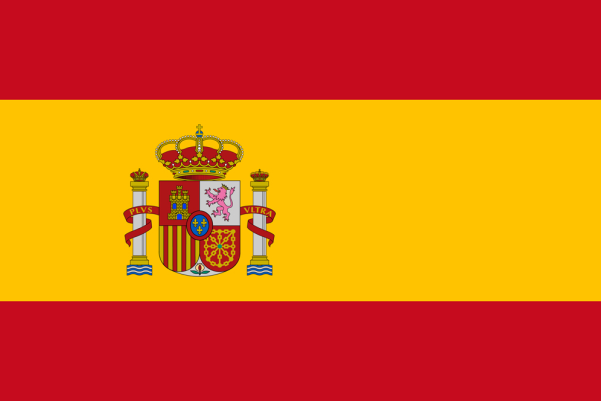By Luciana Berry
In South America, maize is one of the most important agricultural products. Peru stands out as the country where it excels due to climatic conditions, resulting in over 55 types of maize with different colours, sizes, and shapes. However, across Latin America, there are more than 220 varieties to consider!
Maize is a highly versatile ingredient with significant economic importance across various sectors, including industry and human and animal food.
This recipe comes from my grandmother Margarida, who lives in rural Brazil. It’s a super quick and delicious little recipe. It’s a maize dessert known by various different names, such as Curau and Canjica.
Ingredients
4 fresh corn cobs in their husks (Hybrid corn without starch won’t work for this recipe. If unavailable, you’ll need to add starch to thicken)
1 cup of milk
1 cup of coconut milk
1/2 cup of sugar
Cinnamon powder for decoration
Preparation
Discard the husks and silks, and wash the corn cobs thoroughly with water. To husk the corn, use a deep bowl. Place the corn cob upright and, with a knife, cut the corn kernels off.
In a blender, blend the corn kernels with the milk and coconut milk until finely chopped.
Over a saucepan, strain the blended mixture through a sieve, pressing with the back of a spoon to extract all the liquid – discard the pulp.
Mix in the sugar, heat over medium heat, and continuously stir with a whisk until it starts to boil. Reduce the heat and continue stirring for another 4 minutes until thickened. The mixture thickens suddenly, so keep stirring.
Using a ladle, distribute the mixture into six mugs or individual pots and refrigerate. Let it cool for at least 1 hour. Sprinkle cinnamon powder on top and enjoy this super easy and delicious dessert.
Enjoy!
For more information about Brazil, travelling to Brazil, Holidays in Brazil and Brazilian tourism, please also visit VBRATA Visit Brazil Travel Association, a London-based travel organisation specialised in Brazil.
Visit the BBMAG Business Directory to find Brazilian and South American service suppliers and classifieds in London and internationally.

















